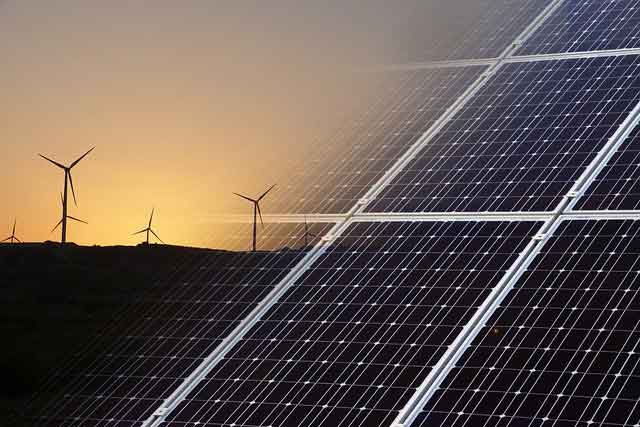Best alternative fuel comes from an outlet
Eastern Canada is vulnerable to increasingly likely oil scarcity or high oil prices, or both. More than 90 per cent of the crude oil used in Eastern Canada comes from, or via, another country, and there is little in the way of reserves in the event of interruption.
As in most of the rest of the world, oil products in Eastern Canada are used chiefly for transportation – almost 80 per cent of the total in 2007. Scarcity or high prices could severely affect the ability of most Eastern Canadians to move themselves and, as importantly, their freight. Reducing oil consumption could lower this vulnerability. It could also strengthen Eastern Canada’s economic position by reducing the need for imports.
There are three ways to reduce oil use for transportation. One is to travel and move freight less by motorized means. Another is to use oil more efficiently. The third is to use fuels for transportation other than oil products such as diesel fuel and gasoline.
All three should be done. However, too much of a decrease in motorized movement could reduce a communityÂ’s economic, social, and educational opportunities in unacceptable and dysfunctional ways.
Also, efficiency gains implemented without care can have paradoxical effects these include increased vulnerability because there is less ‘slack’ in the system, and higher oil consumption because efficiencies can result in new uses for a product. This and subsequent posts will focus on the third way of reducing oil consumption for transportation: using alternative fuels, which may offer the best hope for sustaining transportation’s benefits.
There are essentially two kinds of transportation fuel that are not oil products. One kind allows the continued use of internal combustion engines ICEs, which now power almost all the worldÂ’s motorized transportation. The other kind requires that electric motors EMs be used for propulsion. Over the next several decades weÂ’ll likely see a shift from ICEs to EMs, at least for land transportation. Rationally, this should happen sooner in places such as Eastern Canada that have high oil vulnerability and little opportunity to produce alternative fuels for ICEs.
In many other places, alternative fuels for ICEs could play significant roles in a transition away from oil products. Some of the alternatives are also fossil fuels: natural gas or derived from fossil fuels, such as the jet kerosene produced from coal that is used by South African Airways. Other alternative fuels for ICEs are biofuels produced from plants or algae. The ethanol mixed with gasoline sold in the U.S. and Brazil is the best known, but there are many others including several that can be used in diesel engines and jet turbines.
Even where alternative fuels for ICEs can be more available than in Eastern Canada, there are good reasons to consider switching to EMs. ICEs are inherently inefficient and polluting. Use of other fossil fuels, especially coal, can be a costly and dirty process. Production of biofuels often competes with food production and usually provides only partial substitution for oil products.
EMs are superior to ICEs in almost every respect except one: their fuel – electricity – cannot be readily stored on board vehicles in acceptable quantities. Subsequent posts will address how this huge disadvantage can be overcome.
Related News

Hungary's Quiet Alliance with Russia in Europe's Energy Landscape
MOSCOW - Hungary's energy policies have positioned it as a notable outlier within the European Union, particularly in the context of the ongoing geopolitical tensions stemming from Russia's invasion of Ukraine. While the EU has been actively working to reduce its dependence on Russian energy sources, Hungary has maintained and even strengthened its energy ties with Moscow, raising concerns about EU unity and the effectiveness of sanctions.
Strategic Energy Dependence
Hungary's energy infrastructure is heavily reliant on Russian supplies. Approximately 85% of Hungary's natural gas and more than 60% of its oil imports originate from Russia. This dependence is facilitated…





